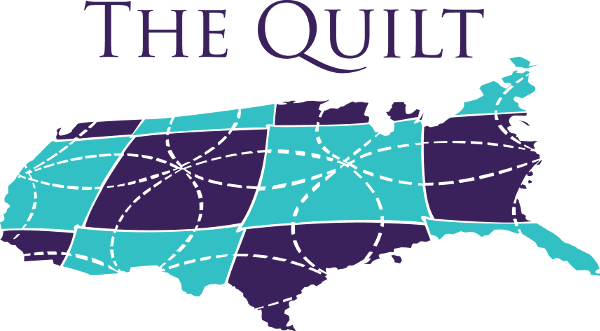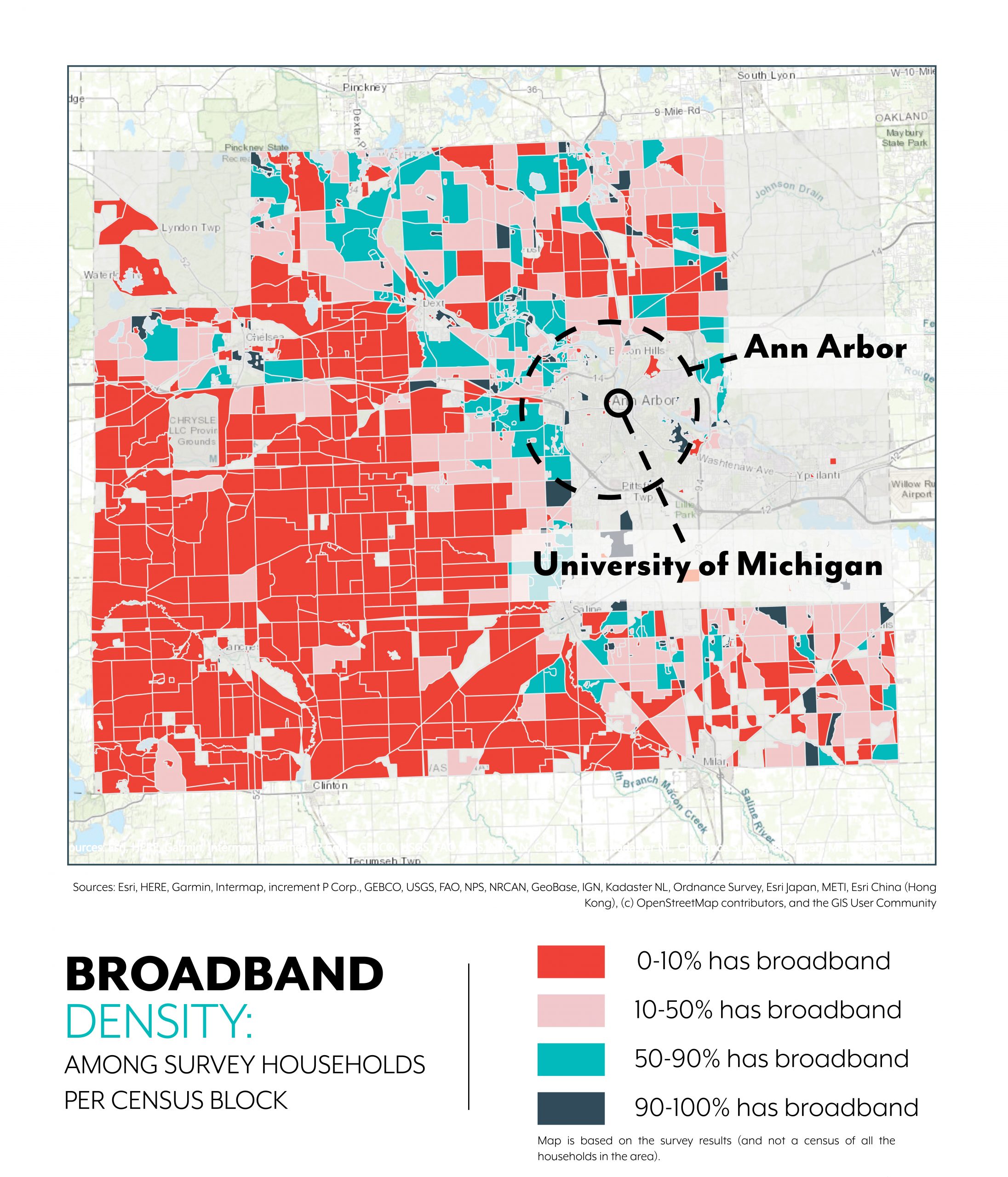Data gathering is an imperative first step in broadband planning and expansion efforts. However, collecting accurate information on a household level can be significantly more challenging for rural and less affluent communities.
The Michigan Moonshot has developed an engagement platform that leverages the support of community anchor institutions and outreach partners to increase the success of data collection efforts when budgets are limited. An ecosystem that empowers local groups to interact with their constituents has an exponential effect on citizen participation and awareness.
Many Michigan regions in the early stages of building community networks are facing similar challenges. Unreliable data sources, like FCC Form 477, could impede resource allocation to assist in broadband expansion efforts. The Moonshot’s citizen science approach provides accurate connectivity and resident sentiment data which can be used by municipalities, broadband task forces, and county governments to support broadband planning efforts and grant applications.
Over the past year, the Michigan Moonshot has conducted a number of successful data collection engagements with higher education institutions and communities across the state. When money is available, efforts can be advertised through local media channels, such as direct mail, radio campaigns and news advertisements to solicit survey participation. However, in many of these regions, investment for resident outreach is limited. These funding challenges impede the ability of municipalities and task forces to promote surveying efforts and to communicate the importance of participation. To offset this obstacle, an outreach toolkit was developed to provide anchor institutions and outreach partners with ready-made communications like fliers, emails, social media posts, and website copy.
A current collection campaign in Berrien County, for example, has demonstrated early success with this approach. Members of the Berrien County Broadband Task Force (appointed by the county board of commissioners) identified nearly 200 groups and individuals who were willing to assist in community outreach and their undertaking is paying off. Early survey results are indicative of the strength of this syndicate method. Outcomes were similar in a Washtenaw County initiative that was completed in 2020 – this project saw plentiful participation by residents and provided a foundational step in the county’s connectivity process.
In effect, the grassroots approach to data collection and engagement creates stronger relationships between public and private partners, anchor institutions, community organizations, broadband champions, elected officials and residents. Working together to solve the first steps of equitable connectivity has served to further these explicit goals while reinforcing bonds between those working to solve our shared challenges. Community-directed outreach is a mechanism for engagement that reinforces the conclusion that we’re stronger together.
To learn more about Merit’s data collection services, visit MichiganMoonshot.org/Data.

